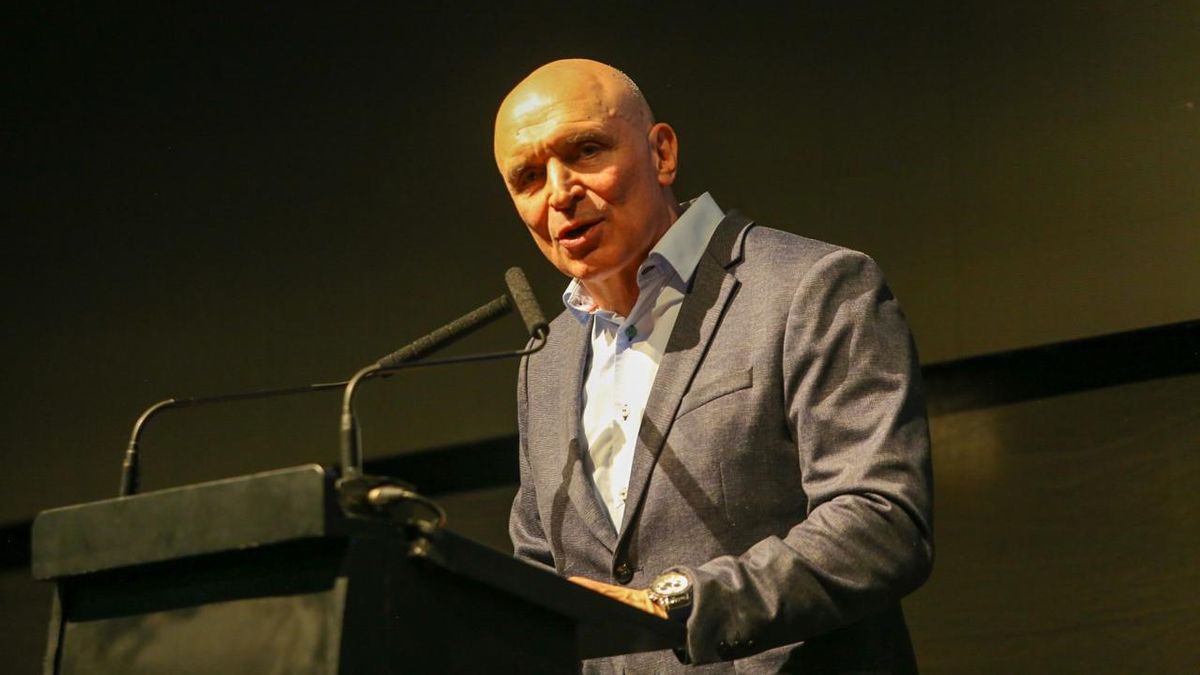For years there was mass unemployment in East Germany. But now the opposite is becoming apparent: there is an increasing shortage of workers.
Demographic change is having an impact much earlier and more severely in East Germany than in other parts of the Federal Republic. “East Germany is not an orchid, but essentially an early bloomer for the development that we have ahead of us in Germany as a whole,” said Federal Labor Minister Hubertus Heil (SPD) at the East Specialists Conference in Schwerin.
Saxony’s Prime Minister Michael Kretschmer (CDU) spoke of a turning point. While at the beginning of the 2000s, with quotas of around 20 percent, the fight against mass unemployment was in the foreground, now the focus is on attracting and securing skilled workers. “In 32 years we have managed to turn this region into the more modern part of Germany. With a lot of money and a lot of strength. Now it’s about nothing less than whether this life’s work will endure, whether we can continue this success story or not.” , explained the chairman of the East Prime Ministers’ Conference.
The shortage of skilled workers is the greatest threat to prosperity in Germany, stressed Heil. In addition to tapping unused domestic potential, orderly immigration is also essential in order to meet the future need for employees. The chairwoman of the Federal Employment Agency (BA), Andrea Nahles, agreed: “We have to create an understanding in society that people come to us. We need a new welcoming culture.”
Newly created positions are more and more often left unfilled
The meeting with representatives from business, trade unions and employment agencies was initiated by the East German heads of government in order to jointly discuss how young professionals can be secured. As a result of the low birth rates and high emigration of mainly young people in the years after the reunification, vacancies and newly created positions in East German companies are becoming more and more unfilled.
A large number of measures are listed in a nine-page decision with which the skilled labor potential in the East should be better developed. This includes better vocational orientation in schools, reducing the number of young people without vocational qualifications, employing older workers and extensive, continuous qualification. According to Heil, around 45,000 young people leave school every year without a qualification, and 1.3 million between the ages of 20 and 30 have not completed vocational training.
“Eastern Germany is ahead of the rest of Germany in terms of demographic development. We see ourselves as the first to have to manage the issue of the need for skilled workers and perhaps also to give impetus to the whole of Germany,” said Mecklenburg-Western Pomerania’s Prime Minister Manuela Schwesig (SPD) as the host.
Source: Stern




